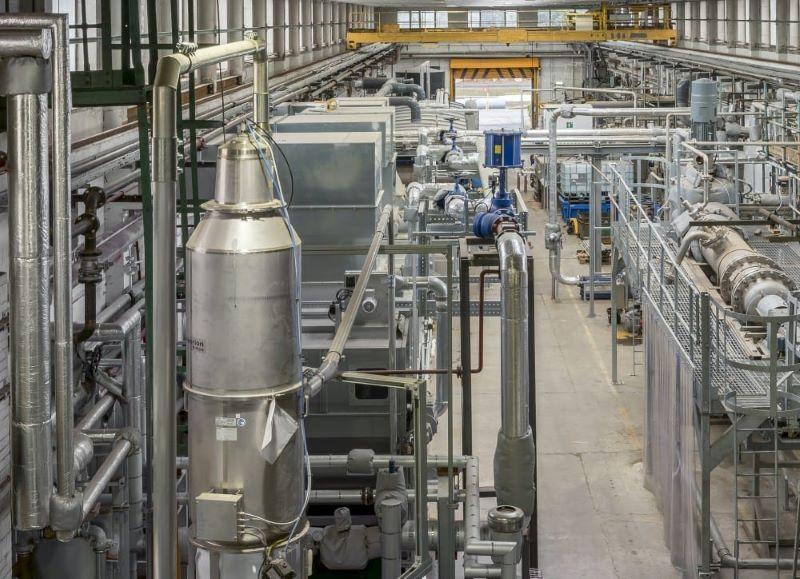
The NovaOne SAF plant in the UK will use LanzaJet’s alcohol-to-jet process.
International Airlines Group (IAG) has made a “significant” but undisclosed investment in Nova Pangea Technologies, which plans to build a plant in the UK to convert agricultural waste and wood residues into bioethanol for processing into sustainable aviation fuel (SAF).
The investment will support construction of the NovaOne waste-to-fuel plant on Teesside in northeast England and is in addition to IAG’s $865 million in commitments to sustainable aviation fuel, says the parent of British Airways (BA), Aer Lingus, Iberia, Vueling and Level.
Planned to be operational by 2025, the 102 million liters (2.7 million gal.) per year UK plant is being developed under Project Speedbird, a partnership between UK-based clean energy company Nova Pangea Technologies (NPT), BA and alcohol-to-jet (ATJ) SAF producer LanzaJet.
In October 2021, Project Speedbird was awarded £484,000 ($620,000) in UK government funding for a feasibility study but was not one of the five projects selected in December 2022 to share £165 million in government funding to develop first-of-a-kind SAF plants in the UK.
“Our facility will be the UK’s first commercial plant of its kind, but we also see tremendous potential in the European market,” NPT CEO Sarah Ellerby says.
IAG has set a target of having SAF account for 10% of its jet fuel consumption by 2030 and had signed agreements for 25% of that supply—250,000 metric tons—by the end of 2024. The airline group will take delivery of SAF in 2023 from LanzaJet’s first ATJ plant in the U.S., Neste in Finland, and Philips 66 in the UK. It will add U.S. startup Aemetis in 2024 and LanzaTech’s UK plant in South Wales in 2025.
In 2026, IAG plans to add SAF supply from Gevo and Velocys in the U.S. and NPT in the UK and, after 2027, fuel is to be delivered from the Altalto Immingham joint venture in the UK between Velocys and BA. “IAG is on track to deliver a 100-fold increase in its SAF volumes between 2022 and 2030 and expects to use SAF for 70% of total fuel in 2050,” the company says in its 2022 sustainability report.
